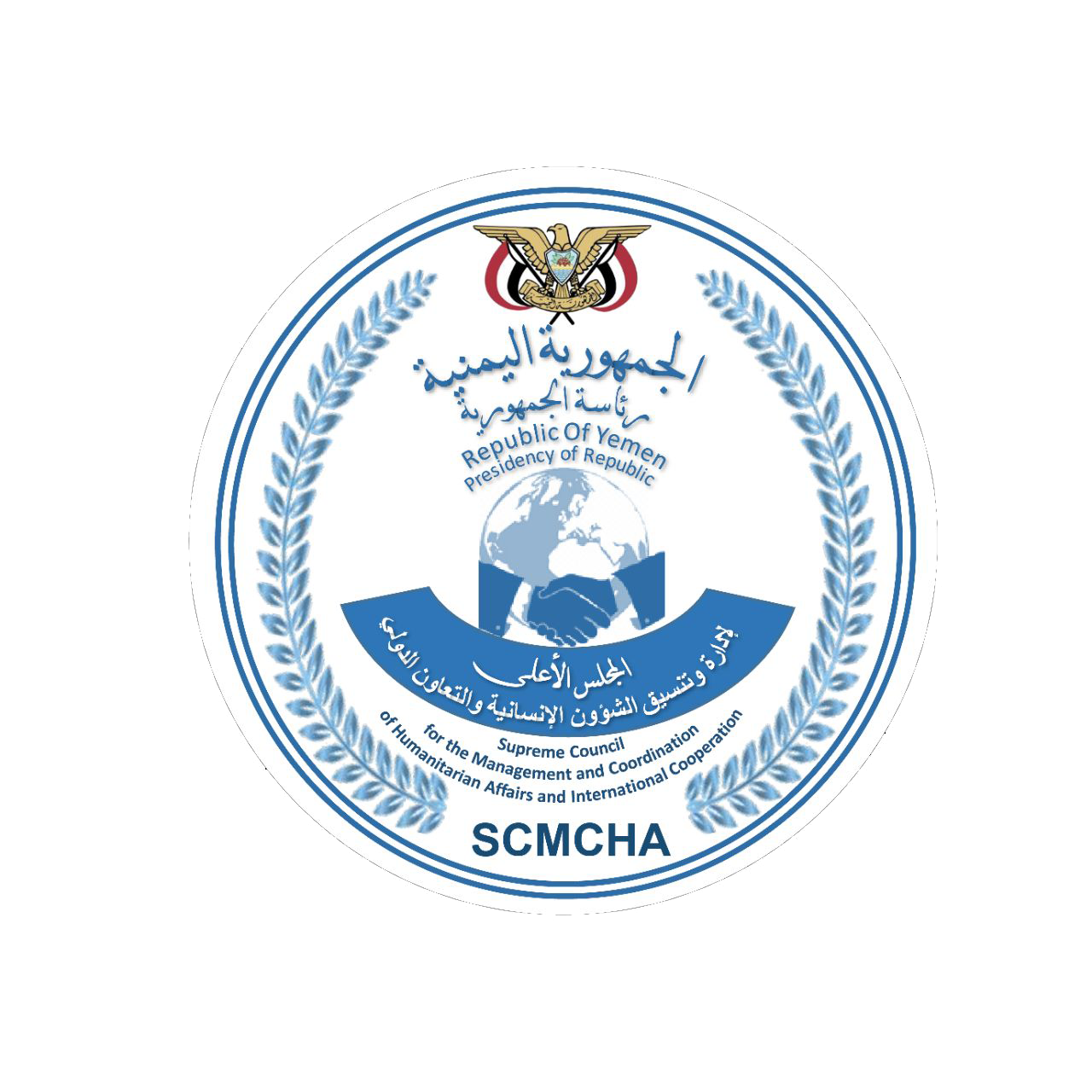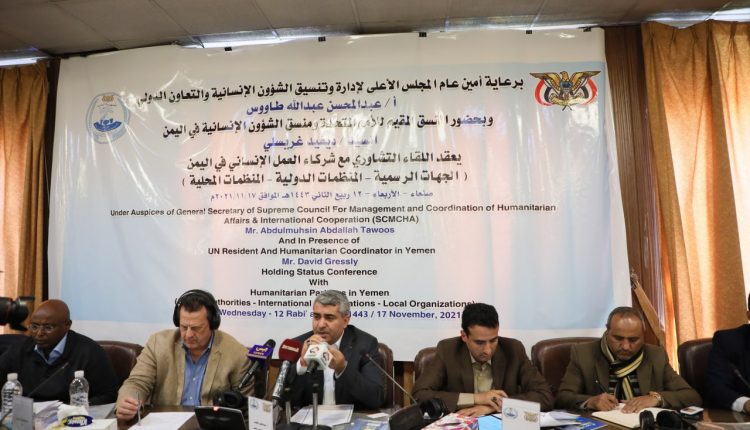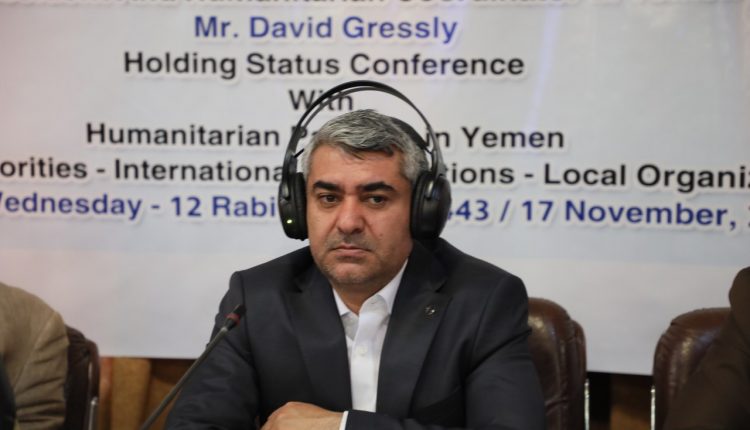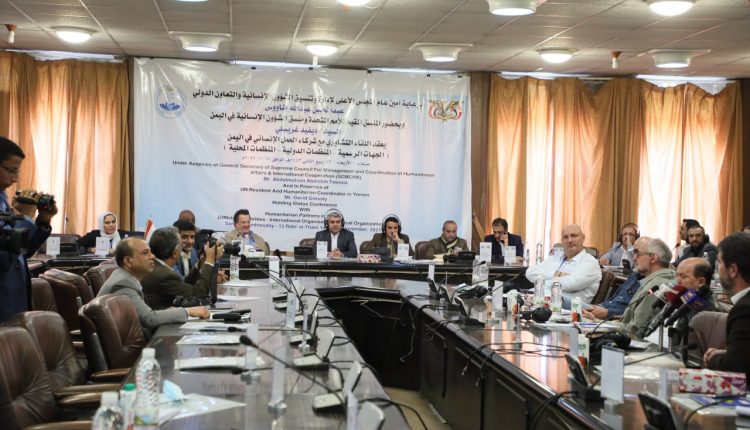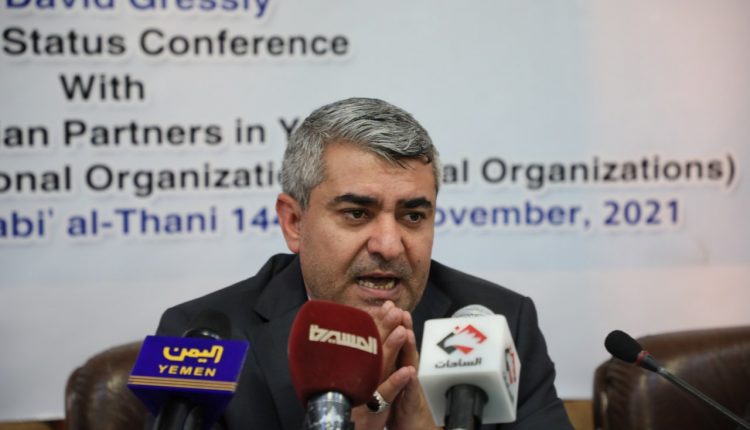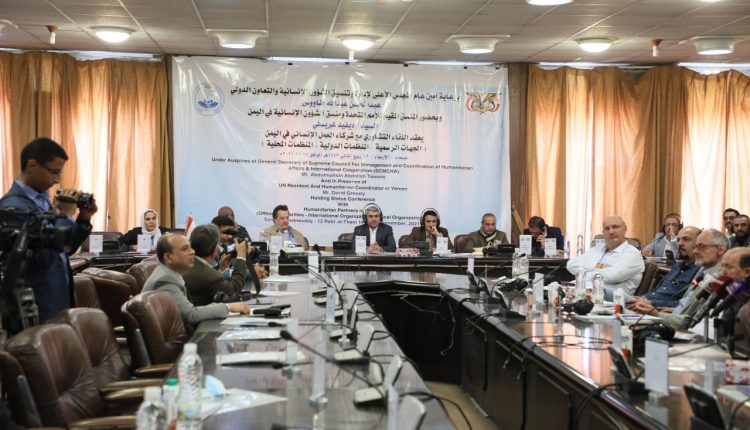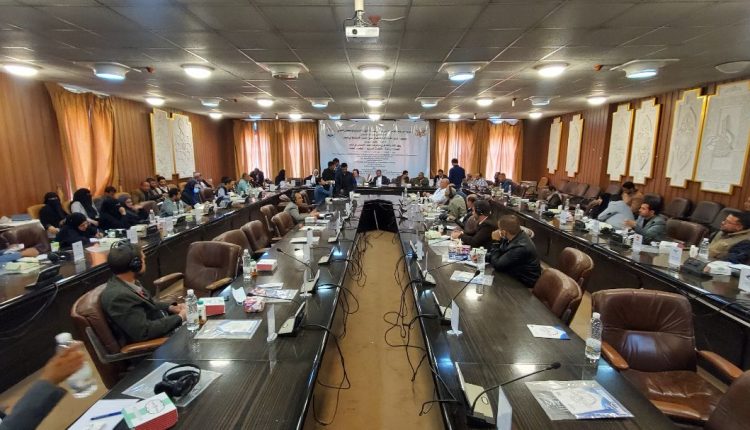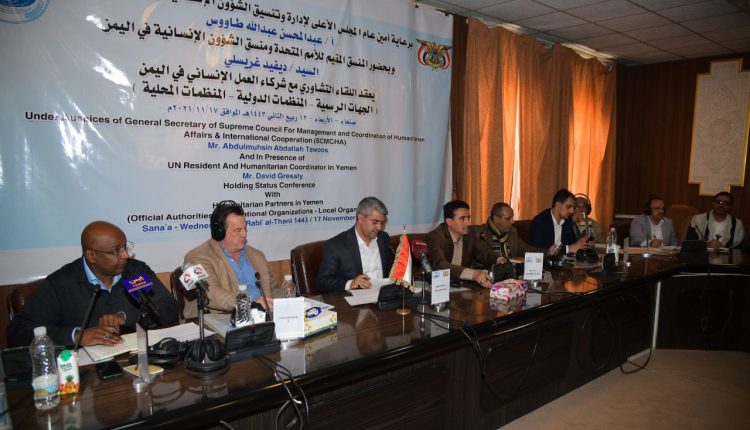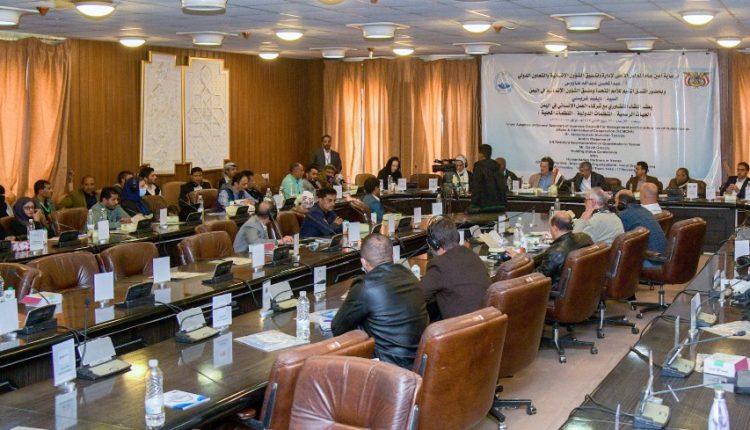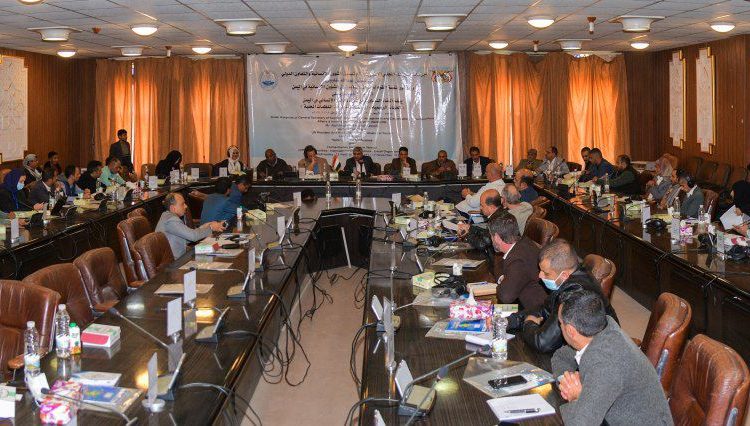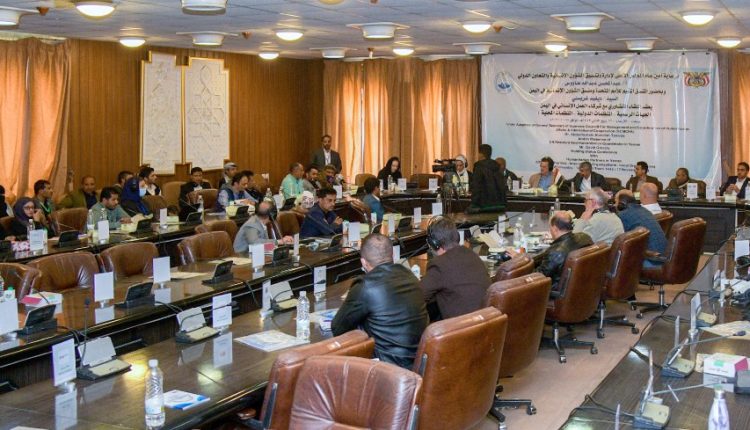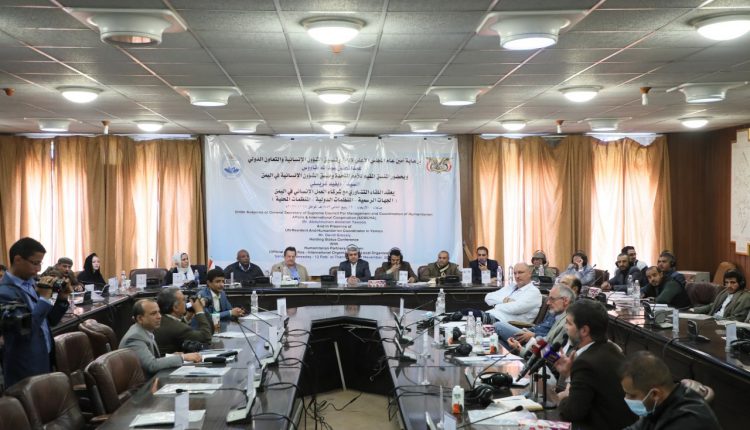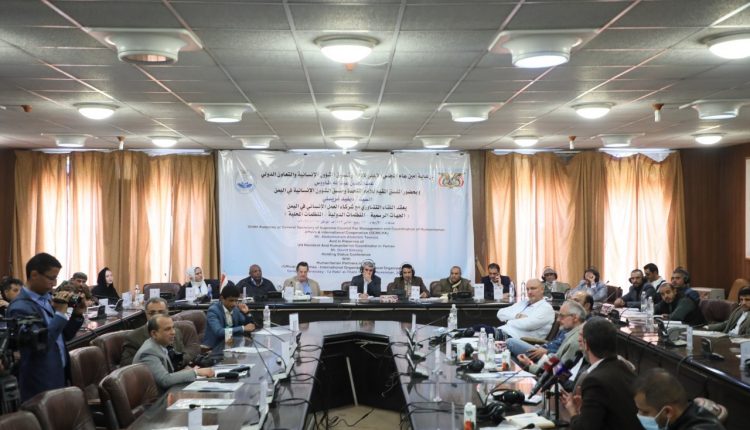In a consultative meeting with humanitarian partners: Tawoos stresses the importance of implementing development and service projects
The Supreme Council for the Management and Coordination of Humanitarian Affairs and International Cooperation held today-Wednesday the first consultative meeting with humanitarian partners in Yemen.
During the meeting, Secretary General of SCMCHA , Abdel Mohsen Tawoos, stressed the importance of the United Nations office in Yemen playing its role in following up on donors to fulfill their obligations.
Tawoos urged the United Nations, through all its agencies, to make more efforts to open land, sea , air corridors,ports, and to pay the salaries of state employees.
He confirmed the importance of implementing a sustainable and livelihood projects as a priority because of their direct and sustainable results in alleviating the crisis for citizens.
Tawoos indicated that allocating percentages to main offices within the framework of the budget of projects presented as grants to Yemen affects the humanitarian response process.
He explained that allocating percentages to the main offices leads to an increase in the percentage of operational expenses and thus delays the discussion and signing of these agreements, pointing out that deducting percentages from the budgets of the main offices is inconsistent with the amount of funds required to implement the humanitarian response in Yemen.
Tawoos indicated that deducting percentages of the granted funds increases the gap in the allocated funds as well as the failure of many donors to fulfill their obligations .
“It is not logical to adopt percentages and amounts as humanitarian aid to Yemen at a time when these amounts have not actually reached the Yemeni society” Tawoos said
He added that the interest of the citizen who benefits from these projects and interventions should prevail, and that the partners are keen to reduce operating expenses as much as possible.
The Secretary General of SCMCHA stressed the importance of raising the percentage of direct expenditures that actually reach the beneficiaries in a manner that ensures access to the largest possible number of those affected, indicating that SCMCHA rejected all projects whose operational expenses were prohibitive and illogical.
Tawoos revealed that the aggression countries control the United Nations funds allocated to Yemen, pointing out that one of the most important axes of the meetings is the discussion of the huge gap in aid and projects allocated to the liberated areas in Shabwa and Marib.
In turn , the Humanitarian Coordinator in Yemen, David Gressly, said ” We will work to strengthen the response in various insufficiently funded sectors, including livelihoods”
Grisley added We need sustainable work, we affirm its support and we share efforts with you to find the best framework in order to enhance humanitarian work and support economic growth, noting that finding better ways of support to serve people will greatly reduce the current gap.
In turn, the head of the Cooperation Department of SCMCHA Mana’a al-Asal, explained that Yemeni society is being subjected to collective punishment, and it is natural that we are witnessing the worst crisis in the world.
Al-Asal said “It is necessary to put in place an advocacy mechanism in the face of the siege imposed on Yemen, and international organizations and agencies should be concerned with that”.
He explained that SCMCHA is accused of obstructing humanitarian projects for its refusal to engage in projects that benefit the target group from its financing only 30%, stressing that it is not possible to approve projects that deduct up to 70% of their total budget and the funding allocated for their implementation.
The meeting was attended by heads and representatives of UN, international and local organizations.
